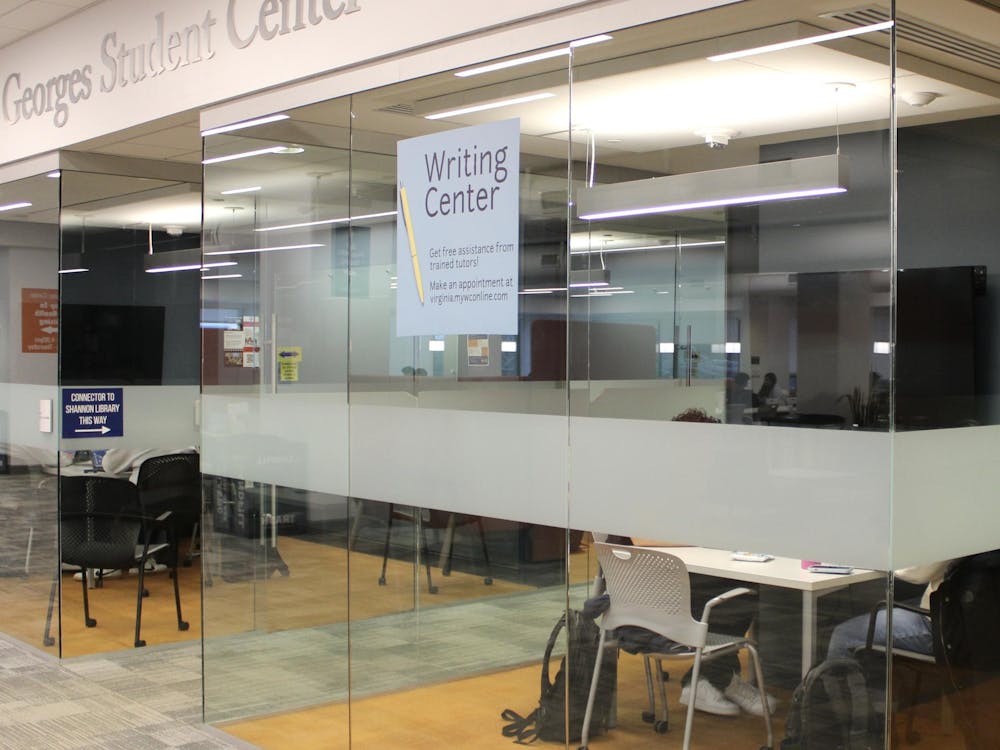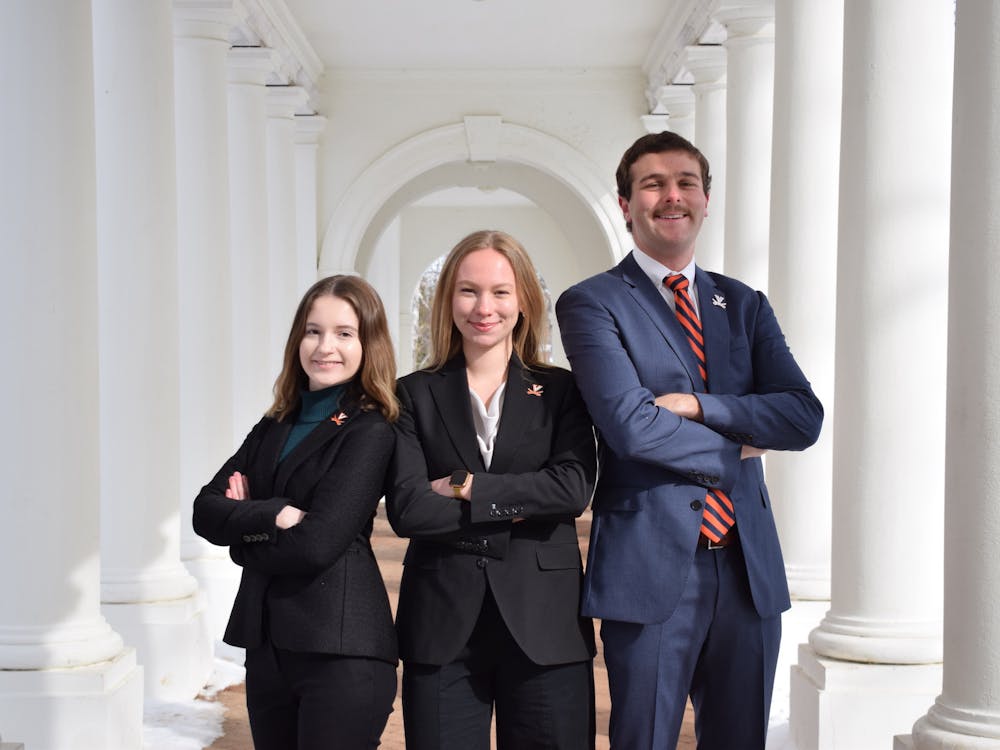A study presented last week at the annual convention for NASPA: Student Affairs Professionals in Higher Education in Arizona found eighty-four percent of students at public research universities would punish students who cheat, even though two-thirds say they have cheated themselves.
The study surveyed more than 2000 students and 600 instructors at the University of Arizona.
The University had 47 reports of honor offenses in the 2009-2010 school year, but the University only dismisses five or six students annually for violating the honor code, Honor Committee Chair Ann Marie McKenzie said.
"We don't police the community and if we did, it would be going against the community of trust that we have here," McKenzie said. "We assume people will do the right thing rather than assuming they're doing the wrong thing."
Physics Prof. Louis Bloomfield initiated 158 Honor cases in April 2001 after he developed a computer program which compared lines of text collected from term papers to detect instances of possible cheating in his class. Bloomfield said in an email the maintenance of a real, viable honor system is "hard work" which requires responsibility from all students involved.
"Real honor systems are rare and require regular buy-in by the students," Bloomfield said. "Moreover, they must be one cohesive group - one community of trust - above all else."
McKenzie said the University's emphasis on self-governance distinguishes its honor system from those at other universities.
"We trust our students to be mature and responsible and the cornerstone of the Honor Committee is that we trust ourselves to make the right decision," McKenzie said.
Speaking from experience, however, Bloomfield said cheating is a problem at the University which students do nothing to stop.
"Students have walked away from initiating claims of student misconduct," Bloomfield said. "They do not turn their friends in. Honor is not equivalent to integrity - it's about looking out for your 'tribe'... that's what honor has become."
Bloomfield said he no longer allows students to take tests outside of the room, because he fears it would compromise the integrity of the class.
"I think [the honor system] encourages the honest people to stay honest, but otherwise there is not really an honor system any more," Bloomfield said. "I think that its time here at the University has come and gone. [Honor] is valued as a concept by the students but they do not actually participate in it."
Bloomfield also said there are problems with the Committees' single-sanction model.
"It's impossible to run a viable judicial system with only one punishment: death," Bloomfield explained. "You get no negotiations, no plea bargains, no honesty at any point in the trial process."
In more than 25 official honor trials, Bloomfield said no student ever admitted any misconduct to him, despite being caught cheating.
"When faced with death, an accused student will go to any lengths; they'll lie repeatedly and rationalize it as necessary to save their necks," Bloomfield said. "They went to their academic deaths without ever confessing. We parted enemies and there was no education achieved."
Bloomfield said single sanction encourages the accused student to lie during his trial.
"What an irony," Bloomfield said.






